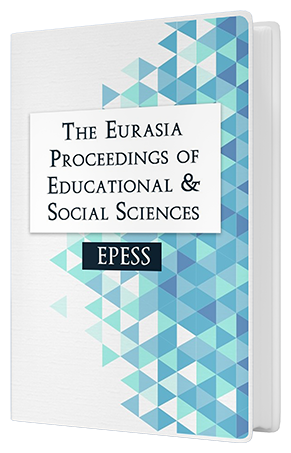Competency Development through the Implementation of Professional Learning Community among Accounting Teachers
DOI:
https://doi.org/10.55549/epess.1218204Keywords:
Professional Learning Community, Teachers, School, CompetencyAbstract
The selection of Professional Learning Community (PLC) as one of the mediums to improve practice is based on the trend and development of practice in developing countries. In PLC, teachers work with a sense of openness, share their experiences, ideas and expertise, and engage in a continuous assessment process that can foster deep team learning and critical reflection. The aim of this study is to investigate the implementation of PLC in improving the competencies of Accounting teachers. A total of seven Accounting teachers teaching Grades 4 and 5 in seven schools in southern Malaysia were selected as participants using purposive sampling. The aim of this study is to investigate the competencies building through the implementation of PLC among Accounting teachers. To achieve this purpose, a qualitative design was used as the guiding framework. Therefore, three data collection techniques were used to obtain rich data, namely semi-structured interview techniques, document analysis and also audio and visual materials analysis. The validity and reliability of the findings of this study were ensured through triangulation, member checks, peer review, audit trail and prolonged engagement. The findings of the study are categorised into 9 themes, namely mastering subject matter, instructional planning, instructional delivery, instructional evaluation, technology application, classroom management, facilitate student, motivate student, and student career development.Downloads
Published
Issue
Section
License
Copyright (c) 2022 The Eurasia Proceedings of Educational and Social Sciences

This work is licensed under a Creative Commons Attribution-NonCommercial-ShareAlike 4.0 International License.
The articles may be used for research, teaching, and private study purposes. Any substantial or systematic reproduction, redistribution, reselling, loan, sub-licensing, systematic supply, or distribution in any form to anyone is expressly forbidden. Authors alone are responsible for the contents of their articles. The journal owns the copyright of the articles. The publisher shall not be liable for any loss, actions, claims, proceedings, demand, or costs or damages whatsoever or howsoever caused arising directly or indirectly in connection with or arising out of the use of the research material. All authors are requested to disclose any actual or potential conflict of interest including any financial, personal or other relationships with other people or organizations regarding the submitted work.




